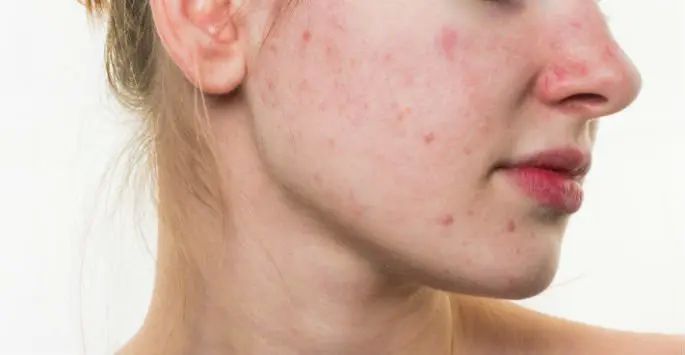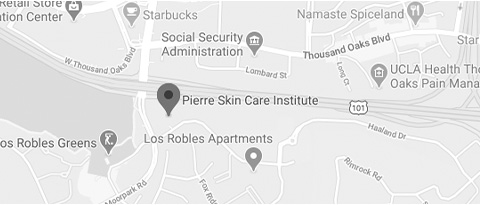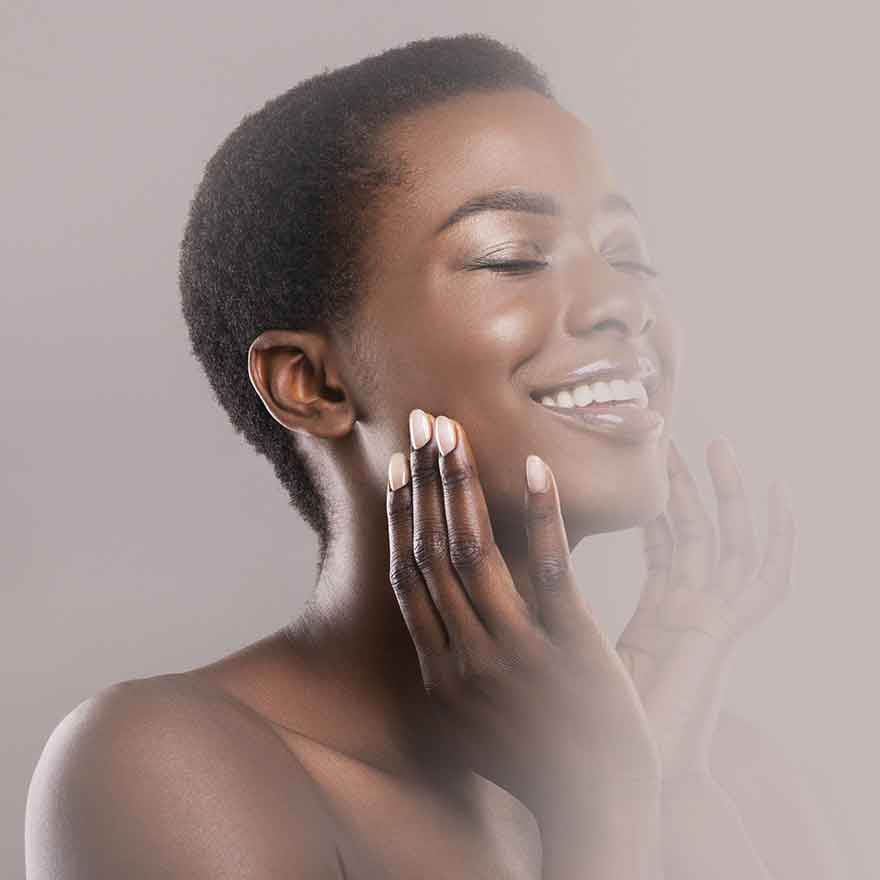Common Causes of Acne
The combination of oily skin and clogged hair follicles is the main cause of acne. This is most problematic during the teenage years of puberty when the body begins to produce hormones the body isn’t yet acquainted with. However, the condition can also be a stubborn problem in the adult and senior years.
What Causes Acne to Thrive?
Although there are different types of acne, what causes the condition can be reduced down to three words: hormones, oil and pores. It’s these three things that can be found in areas of the face, neck, shoulders and even arms throughout the years of a human’s life. This is why the condition can be a problem even for adults and seniors.
Acne begins to develop when oil combines with dead skin cells and clogs the pores. Bacteria thrives in warm and moist conditions, and so does acne. If this condition is allowed to continue, it causes facial swelling, redness and even puss-filled pores.
Common Misconceptions
It’s easy to see that acne isn’t caused by dirt or having dirty skin; at least, not in the way most people think about it. Due to this myth, those troubled with the condition will often scrub their skin hard and use antiseptic soaps with harsh chemicals to clean their skin. This often makes the condition worse because it irritates the skin, tears open the pores and aggravates the area.
Adult women who suffer from acne have been told that the cosmetics they apply to their faces and necks can cause the condition. This isn’t really the case. Mature women in their later years, especially during menopause, will most likely experience breakouts to some extent. This is caused by the hormonal changes that occur during these years and the subsequent overproduction of oil in the oil glands.
Another misconception is that eating greasy foods makes the condition worse. Although eating greasy foods is unhealthy, it’s not the cause of breakouts. It’s not cooking oils that cause the condition; it’s the overproduction of oil from the oil glands in the face and neck that clog the pores and breed bad bacteria.
What Puts You at Risk?
Sometimes problems with acne can be genetically related. If your parents and siblings have the condition, you probably will too. Family members will usually have a similar body chemistry that produces the same combination and levels of hormones as well as over-oily skin.
Even though the eating of greasy foods is not the main cause of acne, the pores can be clogged with oily substances like creams, ointments and even grease from a kitchen when it gets on the face. Those who work in the culinary or food-preparation fields should be careful about touching their faces without washing their hands first.
What to Do
The first thing to do if you have a problem with acne, no matter what your age and gender, is to seek medical help. At Pierre Skin Care Institute in Thousand Oaks, our well-trained and experienced specialists are equipped with a full understanding of the different kinds of acne, what causes them and how they should be treated. Contact our office today to schedule your consultation.





